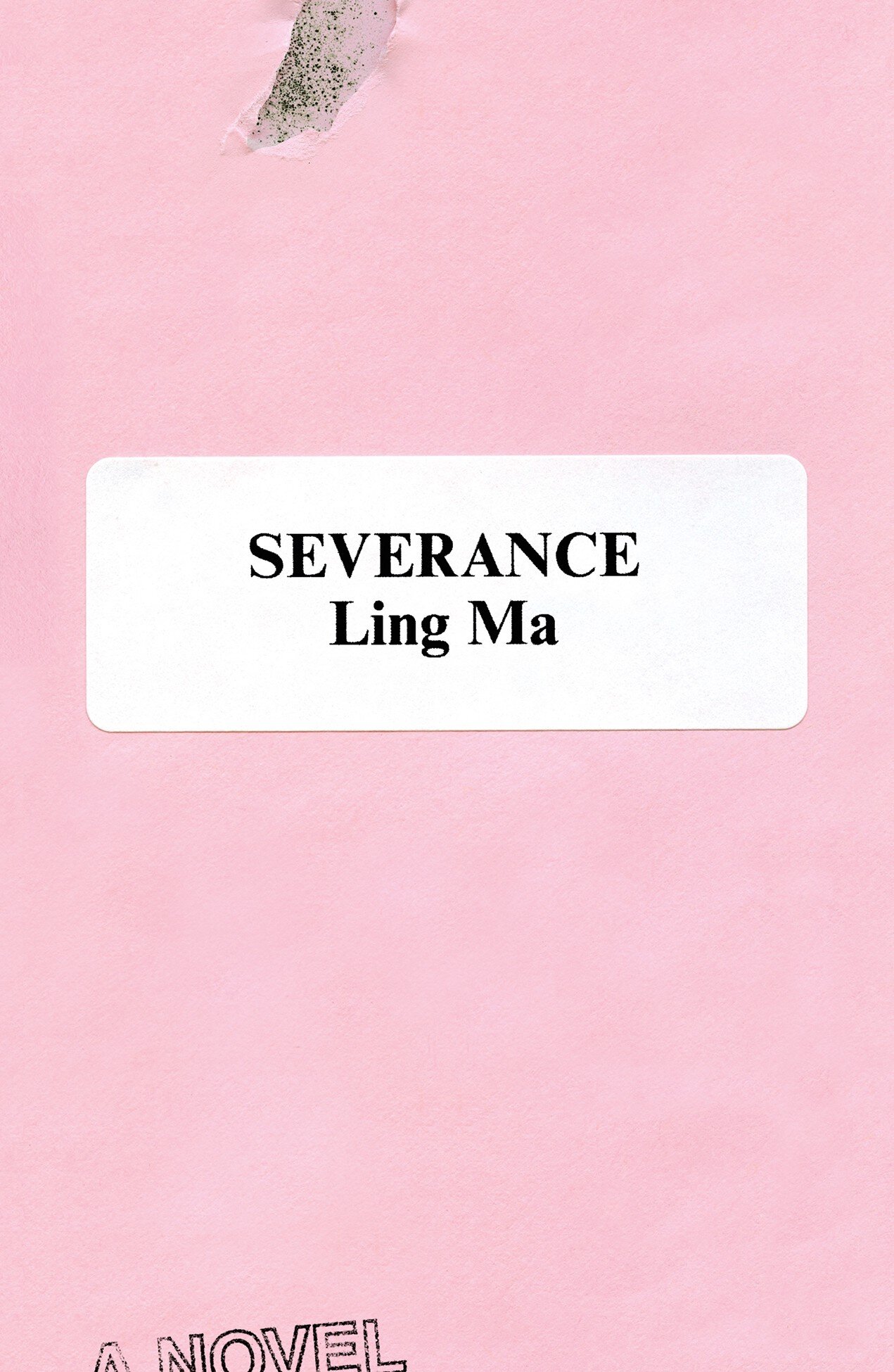When Candace Chen, an office worker at a big name publisher specializing in overseas production in China, agrees to keep working when most of her coworkers stay home--sick with a new disease called Shen fever or fearful of contracting the disease--she doesn’t expect to work through the apocalypse, but that’s exactly what happens. As Candace continues going to work each day, she watches New York crumble around her, the infrastructure deteriorating with no one to maintain it, businesses shutting down. The world is ending.
The New Yorker called Ling Ma’s Severance “understated and restrained” and compares her to Kazuo Ishiguro, but I argue that Ma’s work is actually an act of pure horror, a novel that defies genre in order to reinvent the zombie story for a contemporary America filled with office workers and droning worker bees. One could call Severance a zombie novel, but that would be inadequate. Still, Ma definitely draws inspiration from the zombie genre. Instead of mindlessly chasing after brains or killing the first person they see, Ma’s zombies--or, as they call them throughout the novel, the fevered--continue their normal routines, scrolling through social media, walking to their office jobs, and setting their dinner tables.
Ma’s bleak depiction of the apocalypse supposes that zombies aren’t hostile; they’re bored, going through the motions of living but not actually doing it. It’s not too much of a leap to compare the victims of Shen fever to real world individuals obsessed with all things online and ignorant of what goes on around them. We all know someone like this, a person who would rather look on their phone than have a conversation. In Severance, the survivors of Shen fever can’t communicate with any of the fevered, so Candace’s group of friends (if that’s the appropriate term) decide to end their endless routines by humanely “putting them down.” Initially, this seems like the best choice; after all, these people aren’t really living. However, as the novel progresses, these ethical decisions become murkier and murkier, especially as survivors come to terms with their own new form of existence.
Zombie movies have never really scared me. They seem implausible, distant and inelegant. Zombies are--as Robert Kirkman, author of The Walking Dead has stated--like the weather. They’re mindless, and they drift in and out of narratives, sent to terrorize the protagonists, who can’t control them any more than rain. Ma makes zombies more frightening by bringing them closer to reality. It’s entirely possible people could go mindless, stuck doing the last bit or routine they remember. It’s scary to imagine a world without art, or stories, or variance. Losing one’s mind is perhaps the most horrifying thing one could go through, which is why conditions like Alzheimer’s and dementia are so painful, not only for those affected directly but for their families as well. Who are we when we can’t think anymore?
Severance alternates between chapters set in the past--in Candace’s life before, complete with work, boyfriends, and interpersonal drama--and the present, where Candace must find the best way to survive among a group of unlikely allies. The nonlinear timeline allows Ma to slowly reveal dramatic plot points--which I won’t reveal here, but are satisfying--and dole out information about the apocalypse Candace finds herself in. Instead of presenting the reader with all the information up front, Ma parcels out Candace’s history, giving slow insight into why she feels so out of place in her new group of survivors.
As an immigrant who came to America at a very young age, Candace doesn’t feel wholly Chinese or American, a theme which bleeds into her relationships with the other survivors. Candace doesn’t belong anywhere, not in the world of the living or the fevered, not in America or China. Severed is about being forced to forge a new way for yourself when you find yourself stuck between two worlds.
Ultimately, Ma crafts a world of absurd circumstances, full of recognizable situations with a zombie apocalypse twist. Severance is simultaneously a work of satire (and it is funny), and a tale about what could happen when you don’t really belong anywhere.
On Goodreads, I gave Severance by Ling Ma 4 out of 5 stars. If you enjoy post-apocalyptic novels with an Office Space twist, or if you enjoy reading about immigrant experiences, I highly recommend it!
I’m envious of Ling Ma’s cute workspace.


